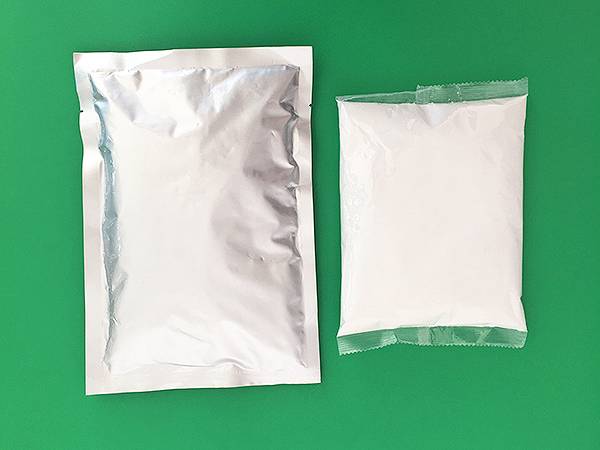



sodium chlorate decomposition
The Decomposition of Sodium Chlorate A Chemical Perspective
Sodium chlorate (NaClO₃) is a chemical compound that finds wide application in various industrial processes, particularly as an herbicide and within the production of chlorine dioxide. Its significance in these sectors brings attention to its chemical properties, including its stability and decomposition processes. Understanding the decomposition of sodium chlorate is essential for managing its safe use and optimizing its applications.
The decomposition of sodium chlorate typically occurs when it is heated. Under such conditions, sodium chlorate can break down to produce sodium chloride (NaCl), oxygen gas (O₂), and other byproducts. The thermal decomposition of sodium chlorate can be represented by the following balanced chemical equation
\[ 2 \, \text{NaClO}_3 (s) \rightarrow 2 \, \text{NaCl} (s) + 3 \, \text{O}_2 (g) \]
This reaction indicates that for every two moles of sodium chlorate decomposed, two moles of sodium chloride and three moles of oxygen gas are produced. The reaction highlights not only the transformation of sodium chlorate into simpler compounds but also the release of oxygen—a reaction that can be harnessed in various applications, including in oxygen-generating systems in the aerospace industry.
sodium chlorate decomposition

The decomposition of sodium chlorate is an endothermic reaction, which means it requires a significant amount of energy in the form of heat to proceed. Therefore, the rate of decomposition can be influenced by various factors, including temperature, the presence of catalysts, and other environmental conditions. Higher temperatures generally lead to more rapid decomposition, while catalysts like manganese dioxide (MnO₂) can accelerate the reaction without being consumed in the process.
Safety is a primary concern when dealing with the decomposition of sodium chlorate, especially in industrial settings. The evolution of oxygen gas during decomposition poses a risk of combustion in the presence of flammable materials. Moreover, sodium chlorate itself is a strong oxidizing agent, which can react violently if not handled properly. Therefore, strict safety protocols and adequate ventilation are critical when working with sodium chlorate, particularly in processes that involve heating.
Another interesting aspect of sodium chlorate decomposition is its use in the laboratory and educational settings to demonstrate principles of thermodynamics and kinetics. Students can observe the reaction and measure the volume of oxygen produced, providing practical insights into chemical reactions. Such experiments are valuable in teaching fundamental chemistry concepts, including stoichiometry, gas laws, and reaction rates.
In conclusion, the decomposition of sodium chlorate is a fascinating chemical process with significant implications for both industrial applications and educational exercises. Understanding this process requires knowledge of the chemical behavior of sodium chlorate, the conditions that affect its stability, and the safety precautions necessary for its handling. As industries continue to seek efficient and effective methods for various applications, sodium chlorate’s thermal decomposition will likely remain an area of interest, fostering further research and innovation in chemical processes.
-
High-Purity Strontium Chloride (SrCl2) for Lab & IndustryNewsAug.31,2025
-
Anhydrous Formic Acid 80% 85% 94% - High Purity SolutionsNewsAug.30,2025
-
Accurate Fire Assay Flux for Gold & Silver Ore AnalysisNewsAug.29,2025
-
Advanced Paint Chem Solutions: Quality Chemicals for CoatingsNewsAug.28,2025
-
Potassium Nitrate: The Ultimate Fertilizer for Agriculture and GardeningNewsAug.25,2025
-
Potasium Persulphate: A Versatile Chemical for Industrial ApplicationsNewsAug.25,2025
-
Industrial Applications of Sodium HydroxideNewsAug.25,2025










